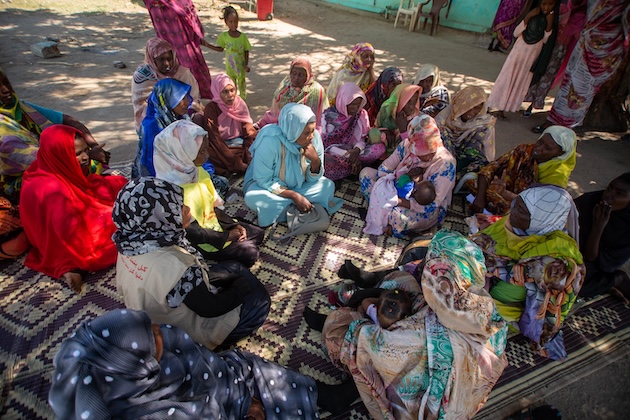UNITED NATIONS, Feb 06 (IPS) – February 6 is the International Day of Zero Tolerance for Female Genital Mutilation (FGM). A practice deemed a gross violation of human rights, tragically the practice persists across multiple countries in Africa, the Middle East, and Asia. Over 230 million women and girls alive today have been subjected to this gruesome practice, and experts warn that at least 27 million more could endure this by 2030.
This year’s theme: “Stepping up the pace: Strengthening alliances and building movements to end female genital mutilation,” spotlights that collective action from multiple groups and stakeholders is paramount. Both UNICEF and the UN Population Fund (UNFPA) call for the joint efforts of survivors, advocates, women and girls, men and boys, community leaders, governments, the private sector, and donors, to address the issue.
The efforts of survivors, activists, and grassroots movements must be upheld and unimpeded, with leaders and communities ensuring respect. To that end, investing in these groups is key to scaling up effective interventions and producing results, which governments, donors, and the private sector should pledge to commit to.
Through the UNICEF-UNFPA Joint Programme on the Elimination of Female Genital Mutilation, nearly 7 million girls and women received prevention and protective services related to FGM. So far, 20,000 grassroots organizations have been integrated into networks working towards ending FGM. The program has been implemented in 18 countries, including Burkina Faso, The Gambia, Egypt, Nigeria, Sudan, and Indonesia.
In a joint statement, the heads of UNFPA, UNICEF, and the World Health Organization (WHO) reaffirm their commitment to work together to tackle the issue and abolish FGM once and for all. The organizations acknowledge that significant progress has been made in raising awareness and building up public consensus against FGM, noting the decline in countries like Kenya and Uganda. This has been achieved through the strength of multi-sectoral partnerships and social change.
…






